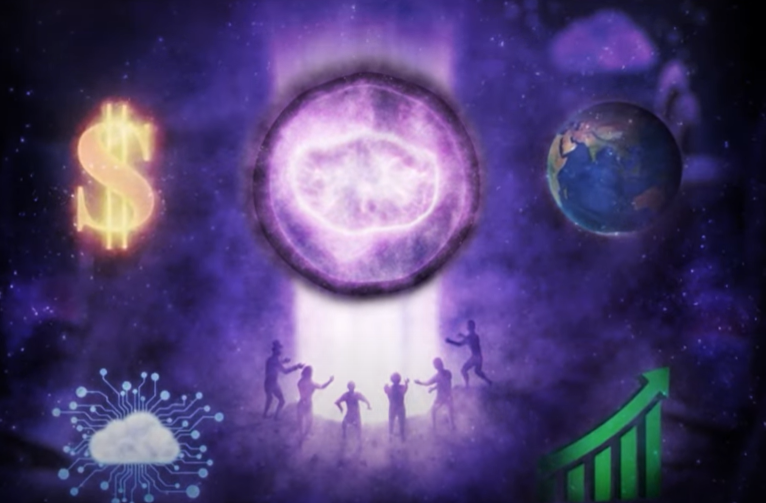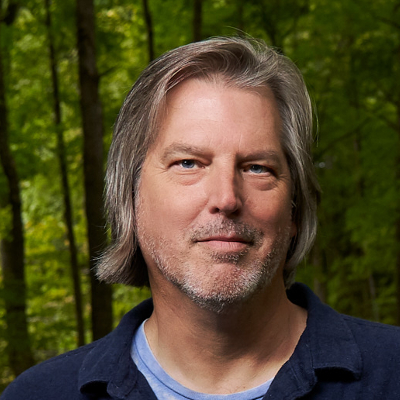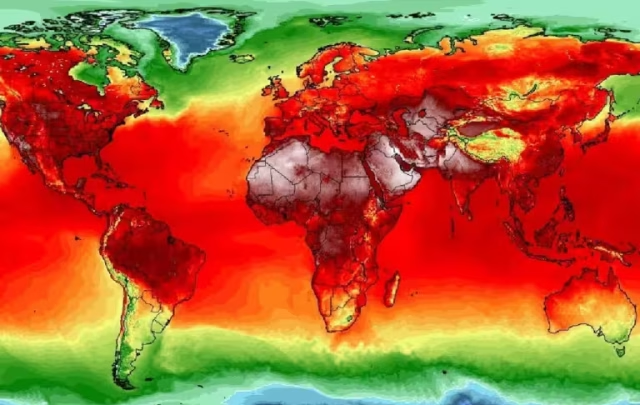Description
In a world grappling with converging crises, we often look outward – for new tech, new markets, new distractions. But the deeper issue lies within: our relationship with energy, nature, and each other. What if we step back far enough to see human civilization itself as an organism that is growing without a plan?
In this week’s Frankly — adapted from a recent TED talk like presentation (called Ignite) — Nate outlines how humanity is part of a global economic superorganism, driven by abundant energy and the emergent properties of billions of humans working towards the same goal. Rather than focusing on surface-level solutions, Nate invites us to confront the underlying dynamics of consumption and profit. It’s a perspective that defies soundbite culture — requiring not a slogan, but a deeper reckoning with how the world actually works.
These are not quick-fix questions, but the kinds that demand slow thinking in a world hooked on speed. What if infinite growth on a finite planet isn’t just unrealistic – but the root of our unfolding crisis? In a system designed for more, how do we begin to value enough? And at this civilizational crossroads, what will you choose to nurture: power, or life?
(Recorded May 26, 2025)
Show Notes
01:51 – Ignite Talks
03:33 – Energy Blindness
04:14 – The Carbon Pulse
05:20 – The Economic Superorganism
08:04 – Limits to Growth
09:30 – The Great Simplification






